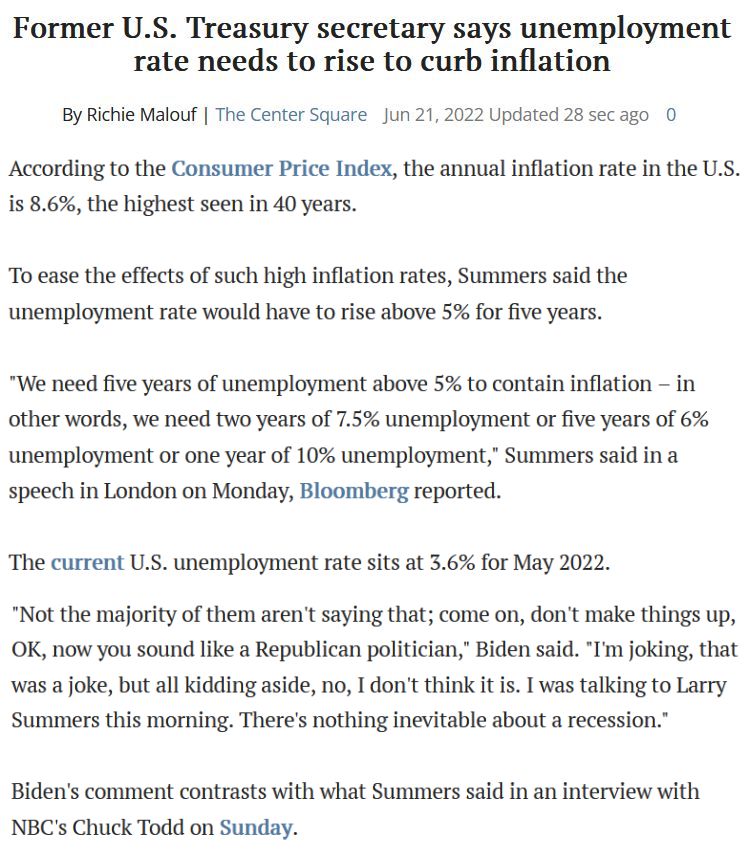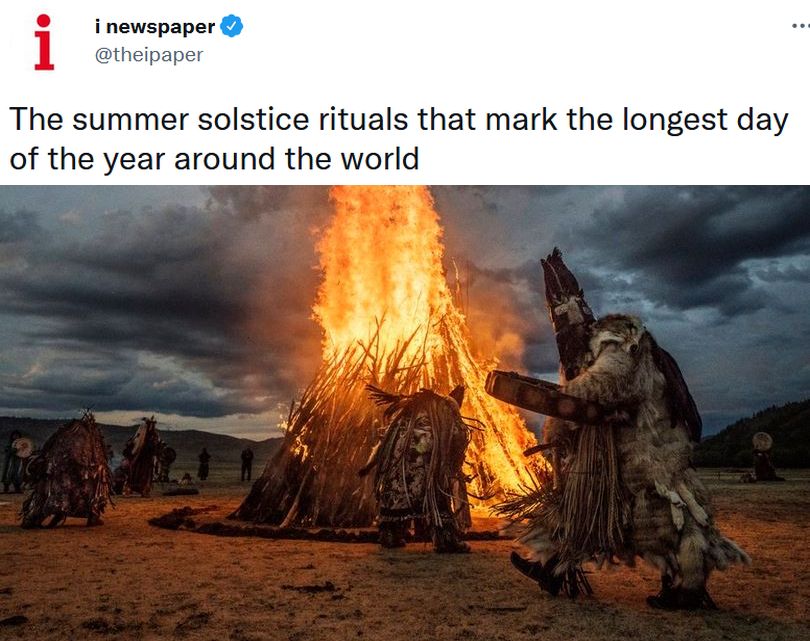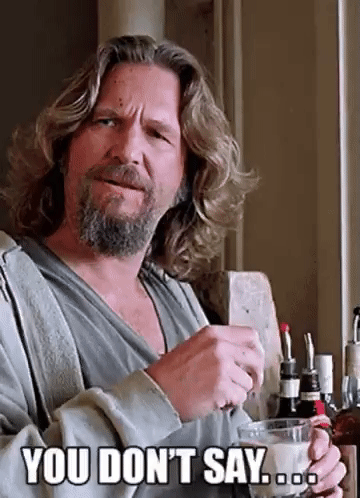It looks like you're using an Ad Blocker.
Please white-list or disable AboveTopSecret.com in your ad-blocking tool.
Thank you.
Some features of ATS will be disabled while you continue to use an ad-blocker.
share:
a reply to: duncanhidao
IT would have interrupted the Dems TV show
They like Chaos
Wonder who leaked decisions ??? Hmmmm

Sotomayor accuses supreme court conservatives of dismantling church-state separation
IT would have interrupted the Dems TV show
They like Chaos
Wonder who leaked decisions ??? Hmmmm

Sotomayor accuses supreme court conservatives of dismantling church-state separation
edit on 6212022 by MetalThunder because: carpe F'N diem
originally posted by: duncanhidao
a reply to: duncanhidao
No abortion decision by the Supreme Court today
We all know it's going to be the last decision dropped, after all of the justices have gone on "vacation" for their own protection.
a reply to: RelSciHistItSufi
FYI - Project Artichoke was a 1950's CIA endeavor to determine whether a person could be involuntarily made to perform an act of attempted assassination. They used hypnosis, psychedelic drugs, forced opiate addiction and withdraw. It was the precursor program to the full blown MK ULTRA program at the CIA. Crazy stuff.
en.wikipedia.org...
FYI - Project Artichoke was a 1950's CIA endeavor to determine whether a person could be involuntarily made to perform an act of attempted assassination. They used hypnosis, psychedelic drugs, forced opiate addiction and withdraw. It was the precursor program to the full blown MK ULTRA program at the CIA. Crazy stuff.
en.wikipedia.org...
edit on 21-6-2022 by PokeyJoe because: (no reason given)
This is a good resource for all things Ukrainian with articles & photos going back to 1933.
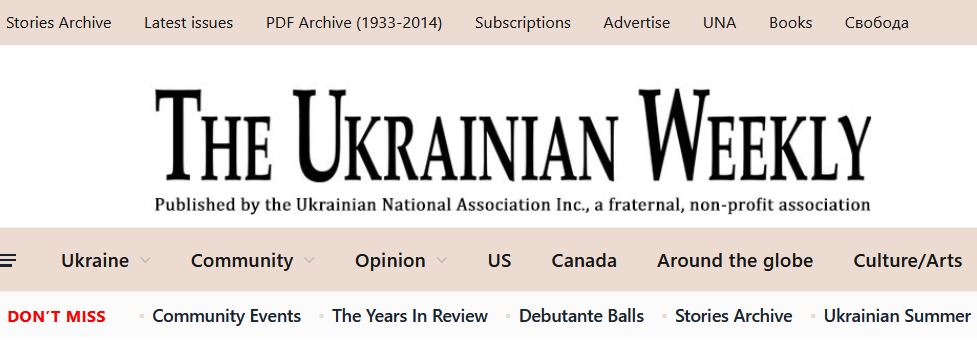
The Ukrainian Weekly is the oldest English-language newspaper of the Ukrainian diaspora in the United States, and North America.
Meanwhile...
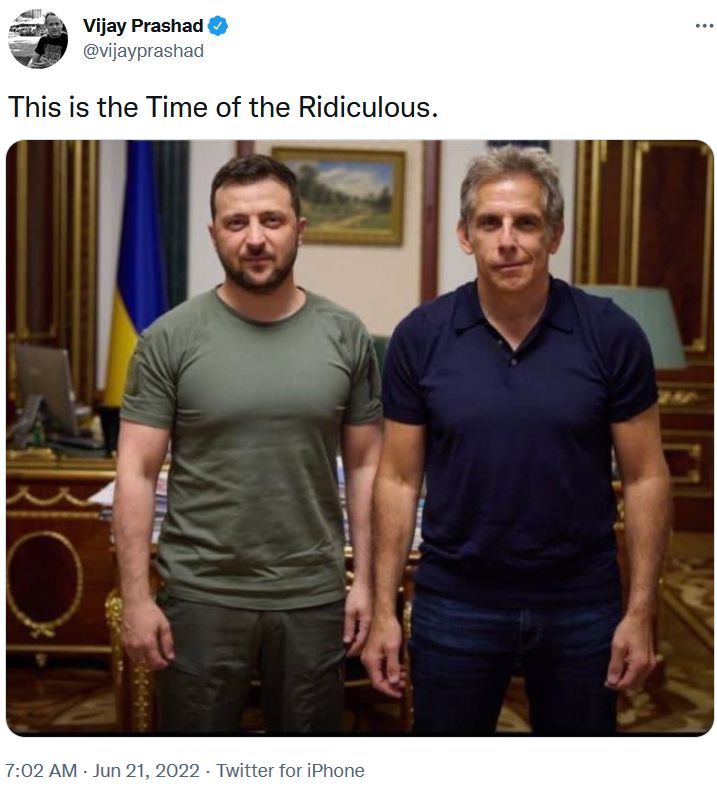
twitter.com...

The Ukrainian Weekly is the oldest English-language newspaper of the Ukrainian diaspora in the United States, and North America.
Meanwhile...

twitter.com...
a reply to: RelSciHistItSufi
Rel we seem to be in synch.
How do you remove a liability? Put a spotlight on it. Dark to light.
Monkey pox, a potential threat.
October 19, 2019 the FDA issued a priority review voucher to Bavaria Nordic for monkey pox and small pox under the category Material Threat Medical.
December 17, 2019 Bavaria Nordic sold the Priority Review Voucher to an UNDISCLOSED buyer.
"provides an important source of capital to support our growth strategy over the next years; as we continue to expand our manufacturing facility" said Henrik Juuel, Ex VP and CFO of Bavarian Nordic. Expanding manufacturing capacity under the cover of Covid.
Of the 31 PRV's issued from 2009-2019, 17 were resold and only Bavarian Nordic had an UNDISCLOSED buyer. This is at the launch of the plandemic.< Nothing suspicious here.
During this period of time only 2 were issued under the section Material Threat Medical, drugs to treat people during a public health emergency- monkey pox/small pox and Ebola.
These PRV's allowed the pharma companies to have an accelerated review process by the FDA. Good cash infusion to ramp up production and really, really useful during the plandemic when the race would be on to be first to market.
Nothing suspicious here...In the letter approving the Moderna Covid jab the PRV was documented however BioNtech and Pfizer approval letter omitted this. The FDA had also not included this on their list of PRV's awarded. BioNTech, the marketing side, had not published this information for the public but finally included it in the SEC filing 6-K.
Only then did the FDA reluctantly add it to the list. Transparency?< Lol.
Tin foil hat time...Small pox jabs were discontinued in 1971 leaving the population vulnerable. Was this part of the long term plan?
-----------
Xthe Madness this is where this ties into your post. Everything set up and in place in advance for the plandemic.
Obama signed into law 4 important changes to the MRV's December 16, 2014. [21st Century Cares Act]
1. The law allowed the MRV's to be resold multiple times [tropical diseases] rather than one and done.
2. The time to be able to use them was decreased from 365 days to 90 days.
3. Added Filoviris...think Ebola.
4. Freed up the FDA to order new viruses to the list rather than by Fed regulation.
Covid hit and the FDA was able to use the changes to give priority review to Moderna and Pfizer which makes me wonder if Pfizer purchased the PRV from Bavarion Nordic since they had the first mRNA vaccine approved, although they also have a amazing relationship with the FDA and CDC. Regardless these changes paved the way for the FDA/ Big Pharma to take complete control when the plandemic hit.
www.gao.gov>products>gao-20-251 Drug Development: FDA's Priority Review Vouchers Program
www.federalregister.gov>2019/10/09>issuance... Issuance of Priority Review Voucher; Material Threat Medical...
endpts.com...>the-curious-case-of-the -biontech-prio...
www.raps.org>news>articles>2017/12>regula... Everything you need to know about FDA's Priority Review...
Rel we seem to be in synch.
How do you remove a liability? Put a spotlight on it. Dark to light.
Monkey pox, a potential threat.
October 19, 2019 the FDA issued a priority review voucher to Bavaria Nordic for monkey pox and small pox under the category Material Threat Medical.
December 17, 2019 Bavaria Nordic sold the Priority Review Voucher to an UNDISCLOSED buyer.
"provides an important source of capital to support our growth strategy over the next years; as we continue to expand our manufacturing facility" said Henrik Juuel, Ex VP and CFO of Bavarian Nordic. Expanding manufacturing capacity under the cover of Covid.
Of the 31 PRV's issued from 2009-2019, 17 were resold and only Bavarian Nordic had an UNDISCLOSED buyer. This is at the launch of the plandemic.< Nothing suspicious here.
During this period of time only 2 were issued under the section Material Threat Medical, drugs to treat people during a public health emergency- monkey pox/small pox and Ebola.
These PRV's allowed the pharma companies to have an accelerated review process by the FDA. Good cash infusion to ramp up production and really, really useful during the plandemic when the race would be on to be first to market.
Nothing suspicious here...In the letter approving the Moderna Covid jab the PRV was documented however BioNtech and Pfizer approval letter omitted this. The FDA had also not included this on their list of PRV's awarded. BioNTech, the marketing side, had not published this information for the public but finally included it in the SEC filing 6-K.
Only then did the FDA reluctantly add it to the list. Transparency?< Lol.
Tin foil hat time...Small pox jabs were discontinued in 1971 leaving the population vulnerable. Was this part of the long term plan?
-----------
Xthe Madness this is where this ties into your post. Everything set up and in place in advance for the plandemic.
Obama signed into law 4 important changes to the MRV's December 16, 2014. [21st Century Cares Act]
1. The law allowed the MRV's to be resold multiple times [tropical diseases] rather than one and done.
2. The time to be able to use them was decreased from 365 days to 90 days.
3. Added Filoviris...think Ebola.
4. Freed up the FDA to order new viruses to the list rather than by Fed regulation.
Covid hit and the FDA was able to use the changes to give priority review to Moderna and Pfizer which makes me wonder if Pfizer purchased the PRV from Bavarion Nordic since they had the first mRNA vaccine approved, although they also have a amazing relationship with the FDA and CDC. Regardless these changes paved the way for the FDA/ Big Pharma to take complete control when the plandemic hit.
www.gao.gov>products>gao-20-251 Drug Development: FDA's Priority Review Vouchers Program
www.federalregister.gov>2019/10/09>issuance... Issuance of Priority Review Voucher; Material Threat Medical...
endpts.com...>the-curious-case-of-the -biontech-prio...
www.raps.org>news>articles>2017/12>regula... Everything you need to know about FDA's Priority Review...
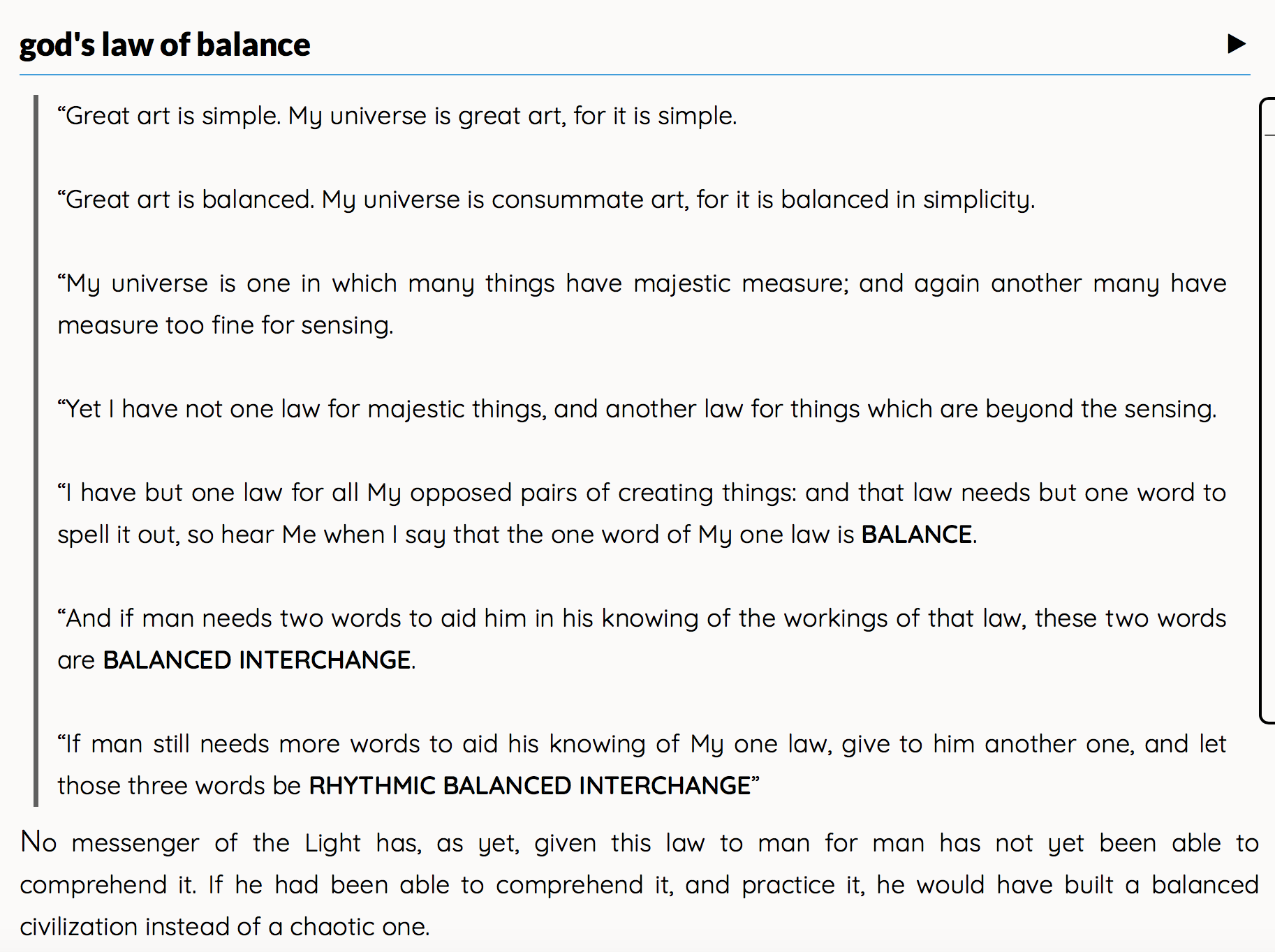


The more you give all of it attention, the more real all of it becomes ...

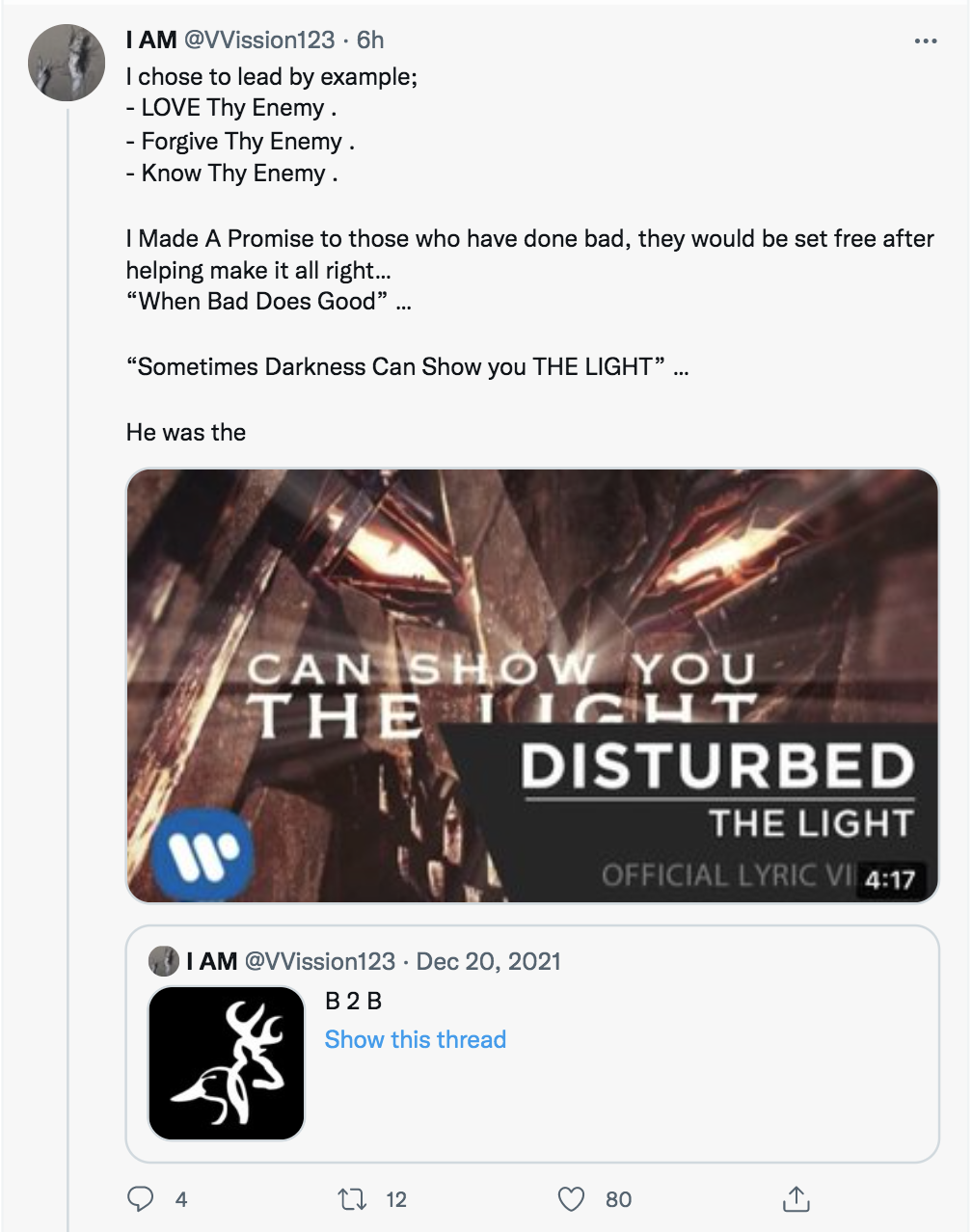





UNIVERSAL LAW, NATURAL SCIENCE AND PHILOSOPHY by Walter Russell
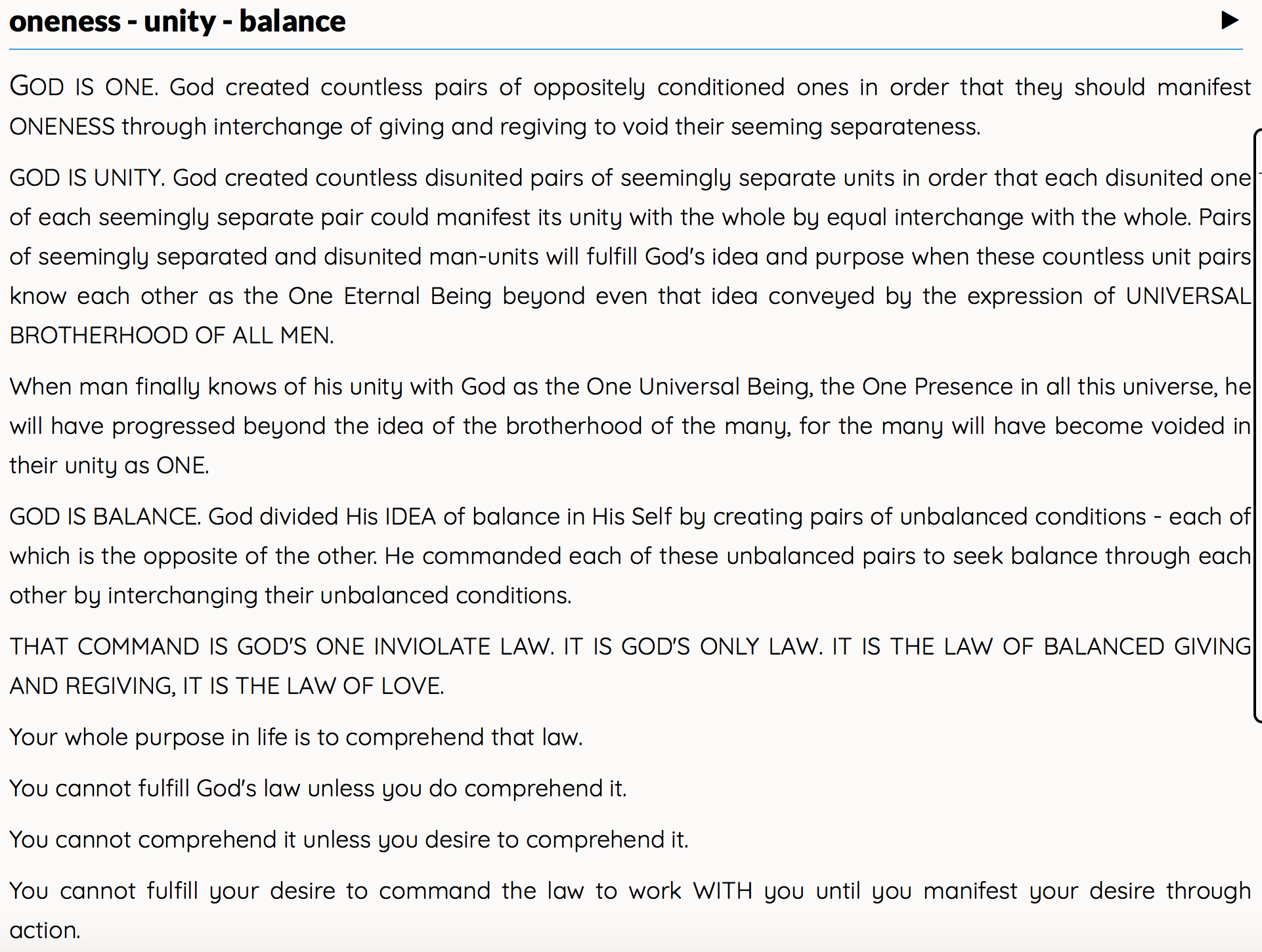

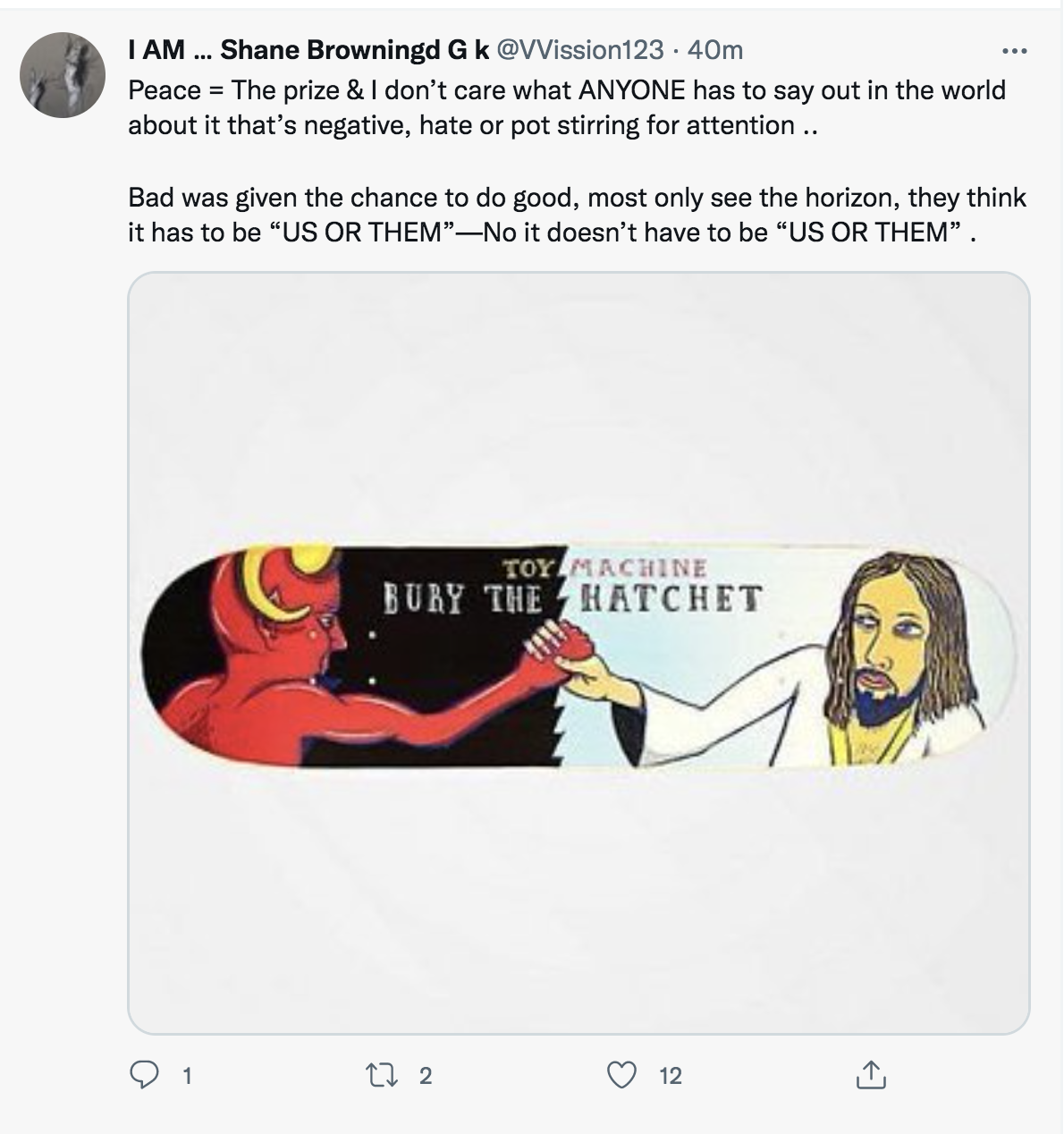
The more TRUTH that was/is SHOWN & Confirmed, the more evil needed everyone distracted.

The faster the people stop giving all of it attention, the faster it stops.
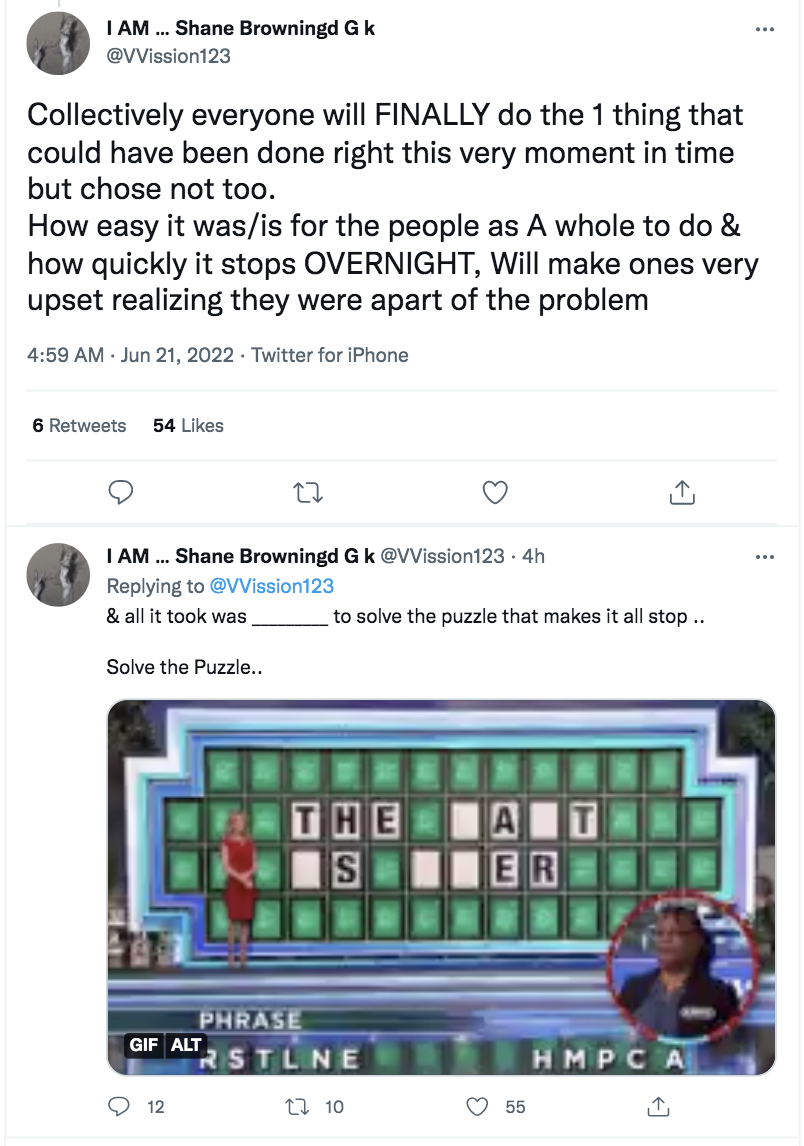


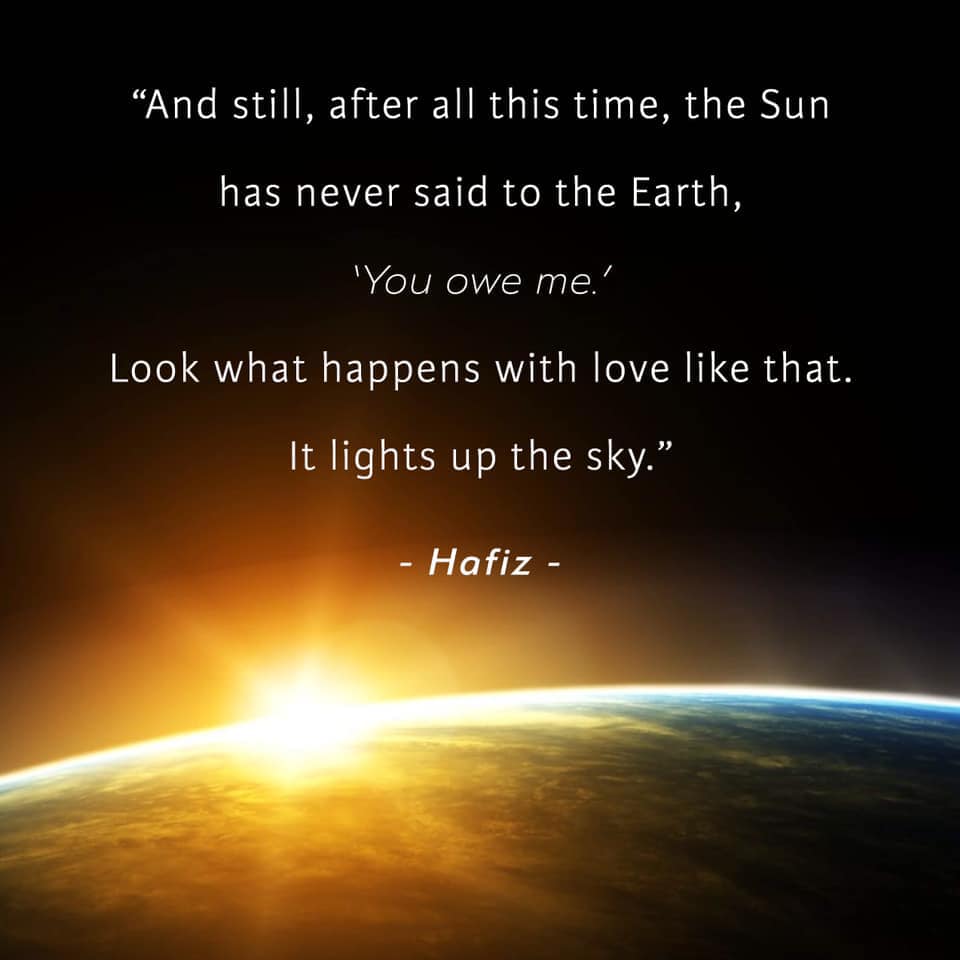
INTERIM ARCHIVE PAGES FOR PART 40 OF THREAD - grouped in 20 page zipfiles and held on Dropbox
ATS Thread pt40 P1 to 20
ATS Thread pt40 P21 to 40
ATS Thread pt40 P41 to 60
ATS Thread pt40 P61 to 80
ATS Thread pt40 P81 to 100
ATS Thread pt40 P101 to 120
ATS Thread pt40 P121 to 140
ATS Thread pt40 P141 to 160
ATS Thread pt40 P161 to 180
ATS Thread pt40 P181 to 200
ATS Thread pt40 P201 to 220
ATS Thread pt40 P221 to 240
ATS Thread pt40 P241 to 260
ATS Thread pt40 P261 to 280
ATS Thread pt40 P281 to 300
ATS Thread pt40 P301 to 320
ATS Thread pt40 P321 to 340
ATS Thread pt40 P341 to 360
ATS Thread pt40 P361 to 362
Master ATS -@TH3WH17ERABB17- -Q- Questions. thread archives backup v4
ATS Thread pt40 P1 to 20
ATS Thread pt40 P21 to 40
ATS Thread pt40 P41 to 60
ATS Thread pt40 P61 to 80
ATS Thread pt40 P81 to 100
ATS Thread pt40 P101 to 120
ATS Thread pt40 P121 to 140
ATS Thread pt40 P141 to 160
ATS Thread pt40 P161 to 180
ATS Thread pt40 P181 to 200
ATS Thread pt40 P201 to 220
ATS Thread pt40 P221 to 240
ATS Thread pt40 P241 to 260
ATS Thread pt40 P261 to 280
ATS Thread pt40 P281 to 300
ATS Thread pt40 P301 to 320
ATS Thread pt40 P321 to 340
ATS Thread pt40 P341 to 360
ATS Thread pt40 P361 to 362
Master ATS -@TH3WH17ERABB17- -Q- Questions. thread archives backup v4
edit on 21-6-2022 by RelSciHistItSufi because: (no reason given)
At this point in time, I still have more Questions than answers.
While the world is distracted by monkey pox what is really going on. WHO knows.
EBOLA.
April 23, 2022 the Ministry of Health of the Democratic Republic of Congo declared an Ebola outbreak.
The outbreak is in Mbandaka, a city of 1.2 million people. An infected person went to 2 hospitals that did not have adequate infection prevention protocols and died on April 21st at another. Meanwhile a female family member ill with Ebola went to a health center, pharmacy and prayer house and she died. The health care providers at the hospitals, clinics and pharmacy and others at the prayer house have all been exposed plus who knows how many other encounters.
During the plandemic the structures set up during previous outbreaks were not maintained.
What does the WHO think of all of this.
No worries. Ebola has a death rate of 70-90% and has a high risk of spread regionally and internationally. But the WHO does not* recommend any restrictions on travel or trade. Where have we seen this before?
----------
The playbook.
December 19, 2019 Ervebo became the first vaccine approved for the prevention of Ebola by the FDA. of course it is wonderful that the the shipping requires the vaccine to be maintained at ultra cold temperatures of -76F to -112F in a country without the infrastructure to support this.
What is known about this vaccine?
-It is not known how effective the protection is and is still being studied.
-The duration is unknown.
-Boosters are the answer!
This is never going to work. These people will never agree to endless jabs because their trust level is super low and they don't have yard signs proclaiming "Trust the Science". Propaganda is harder to do there.
Nothing to see here.
What are the odds?
-September 17, 2019 the FDA granted Merck a PRIORITY REVIEW VOUCHER for the Ebola vaccine. Note there are only two prior to the plandemic, one for Monkey pox/small pox and Ebola.
- 9/11/ 2019 the EU Commission granted marketing authority for Ervebo and the WHO gave the fastest prequalification ever!
-Even more Exciting and Confidence generating Wellcome Trust has their fingers in this. They were involved in the clinical trials in 2014 and surprise the trials were halted in December when adverse events were taking place. However as the playbook dictates the clinical trials were resumed.
-Up next GAVI- They have had a moment of inspiration and have stockpiled 500,000 doses.
"The road to approval has been long for this vaccine, which will be stockpiled by some countries- the U.S. among them- as a hedge against a bioterrorism attack."
-Bill Gates funds the WHO and Gavi so not an innocent bystander around all of this. Just wondering out loud if this is the start of Gates GERM team response. Timing is everything. Coincidence that his book has just been published on how to prevent the next pandemic? Just a thought but don't start one and we won't have to stop it.
Meanwhile just like with Covid there are monoclonal antibodies that have proved effective at treating Ebola Inmazeb and Ebanga.
Just amazing.
www.who.int>Disease_outbreak_News>Item Ebola
www.who.int>monkeypox Who Latest News- official WHO updates-who.int Scroll to Ebola under the section disease outbreaks.
www.cdc.gov>vaccine-administration ERVEBO
ww.fda.gov>press-announcements>first-FDA-approved vaccine for prevention of Ebola
www.fda.gov>mcm-issues-ebola-preparednesswww.forbes.com>williamhaseltine>2022/03/29 New and effective monoclonal antibody treatment for Ebola [Regeneron]
en.wikipedia.org...>wiki>Ebola_vaccine
EBOLA.
April 23, 2022 the Ministry of Health of the Democratic Republic of Congo declared an Ebola outbreak.
The outbreak is in Mbandaka, a city of 1.2 million people. An infected person went to 2 hospitals that did not have adequate infection prevention protocols and died on April 21st at another. Meanwhile a female family member ill with Ebola went to a health center, pharmacy and prayer house and she died. The health care providers at the hospitals, clinics and pharmacy and others at the prayer house have all been exposed plus who knows how many other encounters.
During the plandemic the structures set up during previous outbreaks were not maintained.
What does the WHO think of all of this.
No worries. Ebola has a death rate of 70-90% and has a high risk of spread regionally and internationally. But the WHO does not* recommend any restrictions on travel or trade. Where have we seen this before?
----------
The playbook.
December 19, 2019 Ervebo became the first vaccine approved for the prevention of Ebola by the FDA. of course it is wonderful that the the shipping requires the vaccine to be maintained at ultra cold temperatures of -76F to -112F in a country without the infrastructure to support this.
What is known about this vaccine?
-It is not known how effective the protection is and is still being studied.
-The duration is unknown.
-Boosters are the answer!
This is never going to work. These people will never agree to endless jabs because their trust level is super low and they don't have yard signs proclaiming "Trust the Science". Propaganda is harder to do there.
Nothing to see here.
What are the odds?
-September 17, 2019 the FDA granted Merck a PRIORITY REVIEW VOUCHER for the Ebola vaccine. Note there are only two prior to the plandemic, one for Monkey pox/small pox and Ebola.
- 9/11/ 2019 the EU Commission granted marketing authority for Ervebo and the WHO gave the fastest prequalification ever!
-Even more Exciting and Confidence generating Wellcome Trust has their fingers in this. They were involved in the clinical trials in 2014 and surprise the trials were halted in December when adverse events were taking place. However as the playbook dictates the clinical trials were resumed.
-Up next GAVI- They have had a moment of inspiration and have stockpiled 500,000 doses.
"The road to approval has been long for this vaccine, which will be stockpiled by some countries- the U.S. among them- as a hedge against a bioterrorism attack."
-Bill Gates funds the WHO and Gavi so not an innocent bystander around all of this. Just wondering out loud if this is the start of Gates GERM team response. Timing is everything. Coincidence that his book has just been published on how to prevent the next pandemic? Just a thought but don't start one and we won't have to stop it.
Meanwhile just like with Covid there are monoclonal antibodies that have proved effective at treating Ebola Inmazeb and Ebanga.
Just amazing.
www.who.int>Disease_outbreak_News>Item Ebola
www.who.int>monkeypox Who Latest News- official WHO updates-who.int Scroll to Ebola under the section disease outbreaks.
www.cdc.gov>vaccine-administration ERVEBO
ww.fda.gov>press-announcements>first-FDA-approved vaccine for prevention of Ebola
www.fda.gov>mcm-issues-ebola-preparednesswww.forbes.com>williamhaseltine>2022/03/29 New and effective monoclonal antibody treatment for Ebola [Regeneron]
en.wikipedia.org...>wiki>Ebola_vaccine
a reply to: RelSciHistItSufi
Wouldn't have to be The Donald or anyone from his family. Such an act against any politician at the national (and some states) level would be extremely provocative and give license to a sweeping range of responses by the government.
Cheers
Wouldn't have to be The Donald or anyone from his family. Such an act against any politician at the national (and some states) level would be extremely provocative and give license to a sweeping range of responses by the government.
Cheers
originally posted by: SMOKINGGUN2012
originally posted by: 38181
originally posted by: pteridine
a reply to: Thoughtful1
"Watch the Water?"
I believe it means to watch the reservoirs, western US. Possibly the underground aquifers as well. The reservoirs are draining down at an alarming rate. Record low levels each day. Why isn’t it plastered all over on the news?
If I remember correctly Bush Jr bought land in Paraguay with a HUGE aquifer under it.....things make you go HMMMMM.....
BTW funny you should mention the western USA...it has been on the news on some websites....like this one....they have about 2 years left...
www.zerohedge.com...
Correction I was replying to this didn't post right...LOL
I believe it means to watch the reservoirs, western US. Possibly the underground aquifers as well. The reservoirs are draining down at an alarming rate. Record low levels each day. Why isn’t it plastered all over on the news?
edit on 21-6-2022 by SMOKINGGUN2012 because: (no reason
given)
originally posted by: MetalThunder
Interesting
No ?
Yes. Who made Dr. Fauci famous?
George Bush Sr.
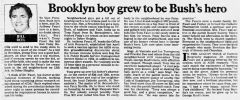
Source: newspaper clipping from NY Daily News, Oct 16, 1988 (pg 45).
Brooklyn boy grew to be Bush's hero (paid subscription only).
Reminds me of the 1985 movie "Warning Sign" starring Sam Waterston was based in part on a true story. Gave me vibes of Agracetus [Monsanto] + DoD.🤯😳
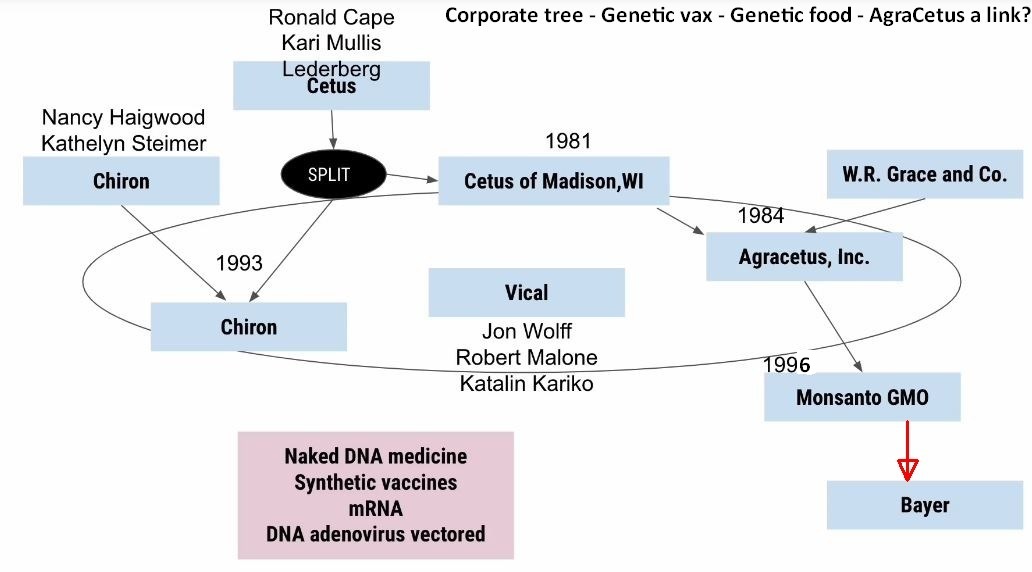

Monsanto acquired Agracetus in 1996. The first successful genetically engineered crop ever produced for the commercial market was the Roundup Ready soybean, produced at Agracetus in 1991, and was one of fourteen successful transformation events.
March 1989 - Initial US Patent application (Accepted in 1996)... "INDUCTION OF A PROTECTIVE IMMUNE RESPONSE IN A MAMMAL BY INJECTING A DNA SEQUENCE"
PDF source
Alot of knowledge sharing & IP was moving back 'n forth between Chiron (Fauci), Vical (Dr. Malone), Cetus (Lehman Brothers and L.F. Rothschild; later purchased by Chiron vaccines), AgraCetus during the 90s coupling gene vax, GMOs, and gene therapy.
History of Wisconsin Crop Innovation Center (Originally known as Cetus of Madison, Inc.)
In 1984, Cetus Corp. sold half of its interest in Cetus of Madison, Inc. to the WR Grace Co. and subsequently the name of the company changed to Agracetus, Inc. (combining Grace/Cetus together). During this time Agracetus developed an electric “gene gun” and transformation methods that revolutionized the plant transformation process. Many plant species were subsequently transformed including; Tobacco, Peanut, Sunflower, Soybean, Maize, Cotton, Canola, Poplar, Wheat, Rice, among others. Research into cotton fiber quality, transformation process improvements, PCR method development, insect and disease resistance, and herbicide tolerance was ongoing in various labs in the facility. In 1990, WR Grace Co. acquired full ownership of Agracetus.
During the early 1990’s Agracetus ventured into research in DNA vaccines (using their improved “gene gun”) and contracted their plant transformation services to others within the industry, including the Monsanto Company.
Historian Explains How Coke Saved Monsanto — With One Giant Contract
A Company -CIA- family revisited
^^^^^^^
Nice recap
“If not for Coke, there would be no Monsanto,” Elmore told Rogan. “In the early 1900s, Monsanto was nothing. They were on the verge of going out of business. One giant contract saved them, and eventually allowed them to grow into the giant they are today.”
What was that contract? “Monsanto supplied Coca-Cola with their artificial sweetener, and their caffeine,” said Elmore.
Elmore explained:
“To make enough caffeine for Coca-Cola, Monsanto bought the damaged tea leaves from the global tea trade and processed out the caffeine and sold it to the soft drink giant. Then Coca-Cola needed so much caffeine that excess tea leaves wouldn’t cut it — so Monsanto began developing a synthetic caffeine from coal tar, a byproduct of coal.”
A Company -CIA- family revisited
^^^^^^^
Nice recap
edit on 6212022 by MetalThunder because:
new topics
-
Democrats send letter to Biden urging him to ratify Equal Rights Amendment
US Political Madness: 2 hours ago
top topics
-
Reprehensible Behavior
US Political Madness: 14 hours ago, 10 flags -
This is adorable you guys!
General Chit Chat: 13 hours ago, 8 flags -
Defending the need for adherence to Old Testament commandments under the new covenant of Christ
Conspiracies in Religions: 15 hours ago, 5 flags -
Democrats send letter to Biden urging him to ratify Equal Rights Amendment
US Political Madness: 2 hours ago, 1 flags
active topics
-
Light from Space Might Be Travelling Instantaneously
Space Exploration • 28 • : Lazy88 -
More Bad News for Labour and Rachel Reeves Stole Christmas from Working Families
Regional Politics • 9 • : covent -
Democrats send letter to Biden urging him to ratify Equal Rights Amendment
US Political Madness • 2 • : VariedcodeSole -
Post A Funny (T&C Friendly) Pic Part IV: The LOL awakens!
General Chit Chat • 7914 • : Cymru -
George Stephanopoulos and ABC agree to pay $15 million to settle Trump defamation suit
Mainstream News • 25 • : Echo007 -
Defending the need for adherence to Old Testament commandments under the new covenant of Christ
Conspiracies in Religions • 24 • : FullHeathen -
-@TH3WH17ERABB17- -Q- ---TIME TO SHOW THE WORLD--- -Part- --44--
Dissecting Disinformation • 3713 • : 777Vader -
Rant. I am sick of people saying the police are revenue raising.
Rant • 12 • : inflaymes69 -
Reprehensible Behavior
US Political Madness • 10 • : nugget1 -
Drones everywhere in New Jersey ---and Elsewhere Master Thread
Aliens and UFOs • 174 • : nugget1


